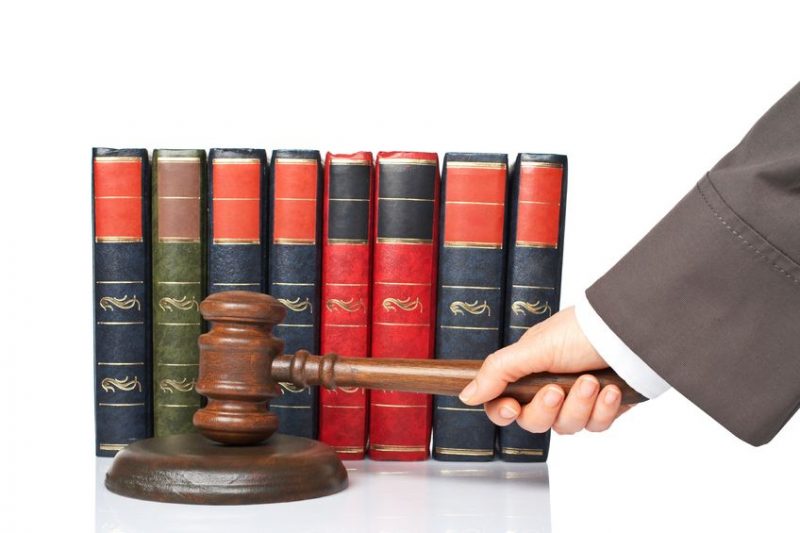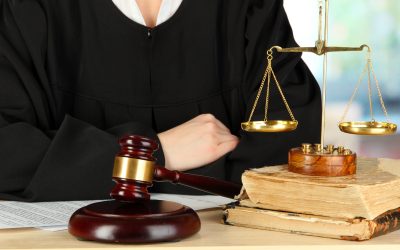In limited circumstances, plaintiffs may be permitted to file lawsuits anonymously. Traditionally, lawsuits and their parties are part of the public record, but there are some cases where it’s in the best interest of justice to allow a plaintiff to file anonymously. In these cases, that person’s name is not used in any filings, and the plaintiff is known as “John Doe”, “Jane Doe”, or something comparable.
Factors Determining Whether a Suit can be Filed Anonymously
If the privacy of the plaintiff is more important than the interests of the public, and it will not put the defendant at a disadvantage, Neifert Byrne & Ozga P.C. can help you file anonymously. In determining this, the court considers factors such as:
- Whether the plaintiff is protecting sensitive information, or they just want to avoid the hassle and publicity of a public filing
- Whether disclosing the identity of the plaintiff will create a high likelihood of retaliation against that person or their family
- The plaintiff’s age
- The chance of prejudice against the defendant
Retaliation Against Plaintiffs Isn’t Always Physical
Plaintiffs under threat of retaliation aren’t always facing physical attack. Implied or threatened retaliation can be social, economic or emotional; if an open case would threaten the plaintiff’s social standing for reasons other than outcome, a pseudonym may be used. Some suits against governments can be filed anonymously, if the threat of subsequent prosecution exists. The mere threat of hostility, embarrassment or job loss is not enough to merit an anonymous filing.
Common Reasons Why Defendants Oppose the Filing of an Anonymous Suit
There are many reasons why defendants don’t want plaintiffs to file lawsuits without divulging their identities, but there are some primary reasons to consider. The main reason anonymous filing meets with such opposition is that a defendant has the legal right to confront their accuser, and part of that is knowing who that party is. A judge may oppose a “John Doe” filing because they are technically in violation of procedural law, which protects the right to due process. Your Denison Lawyer can advise you as to whether you’ll be able to file anonymously, or if you’ll be compelled to identify yourself.


